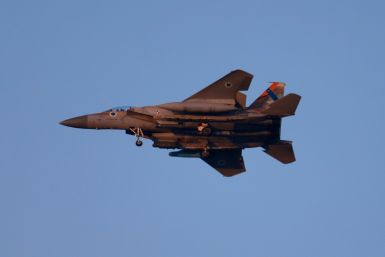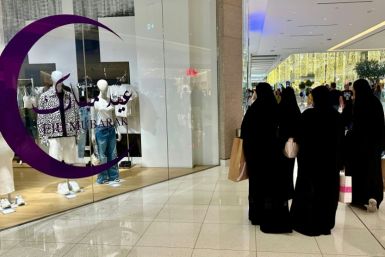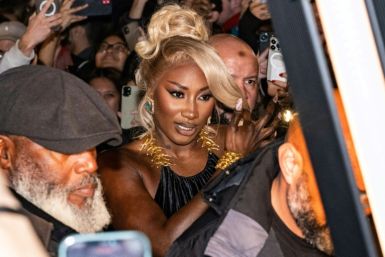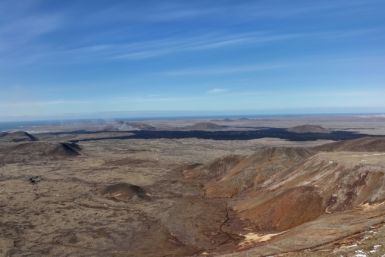Island Tensions Simmer As China, Japan Vow To Boost Trade Ties
Tokyo and Beijing pledged cooperation on trade and defence Tuesday, but locked horns on disputed islands as China's foreign minister visited Japan for the first time since the coronavirus pandemic began.
The two countries had been working to improve historically tense relations before the pandemic erupted, and China's President Xi Jinping had been expected for a state visit in the spring.
But with Beijing embroiled in increasingly bitter diplomatic and trade spats with Japanese allies from the United States to Australia, Tokyo's diplomatic outreach appeared to take a backseat.
Wang Yi's visit had been repeatedly postponed, as Tokyo angrily protested against what it says has been an unprecedented number of Chinese incursions into the area around the disputed Senkaku islands.
China calls the islands the Diaoyus and claims they are part of its territory.
Japanese Foreign Minister Toshimitsu Motegi said he "strongly urged" China to prevent intrusions by Chinese vessels into waters near the islands.
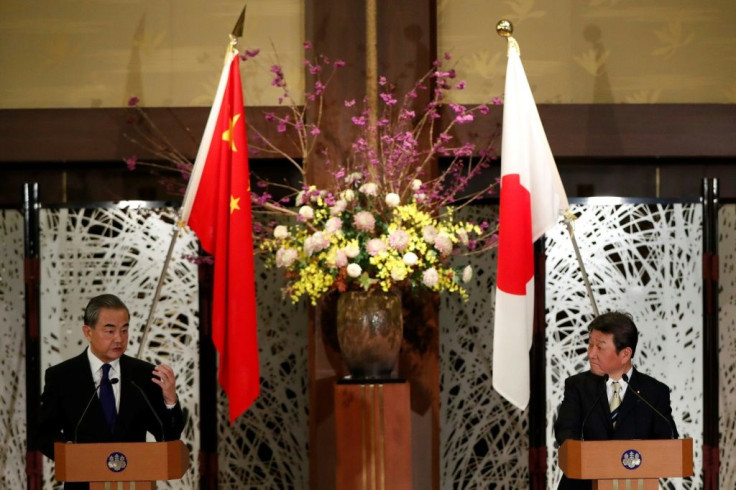
In response, Wang claimed that Japanese fishing boats were repeatedly entering "sensitive waters".
"Our Chinese stance is clear. Of course, we will continue to protect our country's sovereignty," he said.
Wang also said the two countries would try to set up a hotline of their defence authorities by the end of this year, but did not give further details.
The rhetoric from the ministers was otherwise largely warm, with pledges to cooperate on trade -- particularly after this month's signing of the RCEP, a massive agreement that groups 15 Asia-Pacific countries, including Japan and China.
They said also they would work together on tackling the coronavirus, with plans to allow business travel to resume between the two countries.
There was no mention of whether Xi's visit was back on the agenda.


